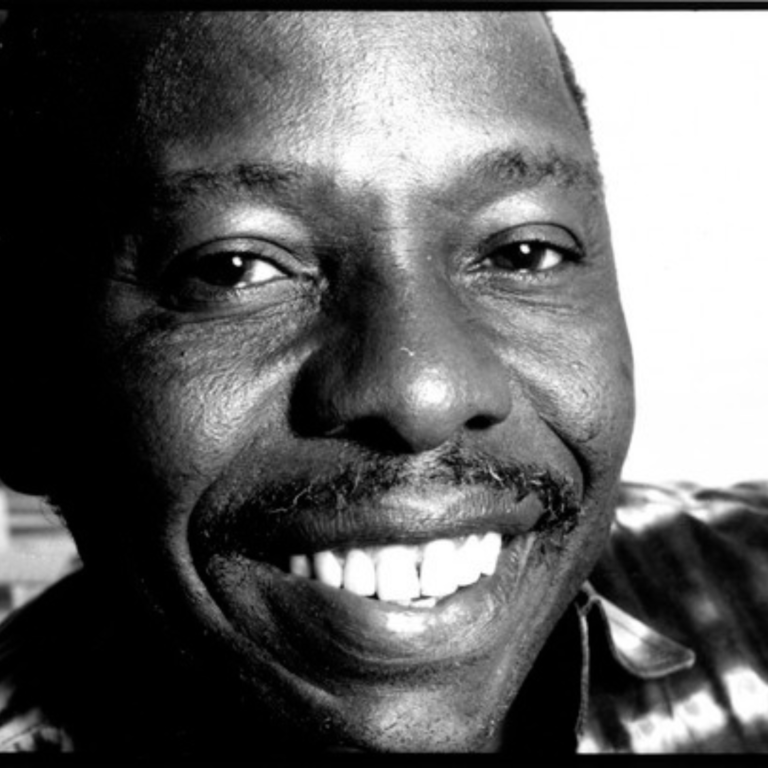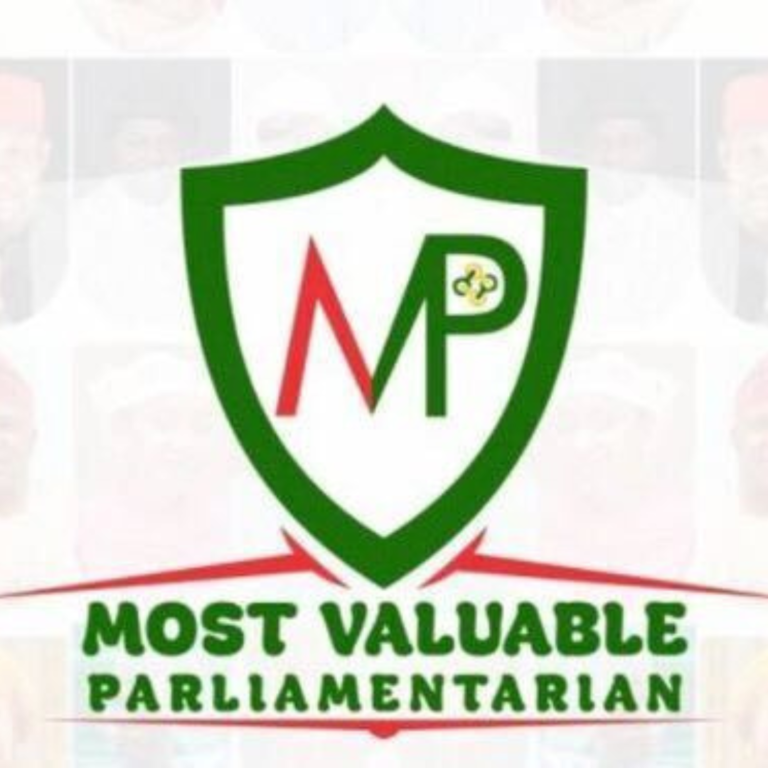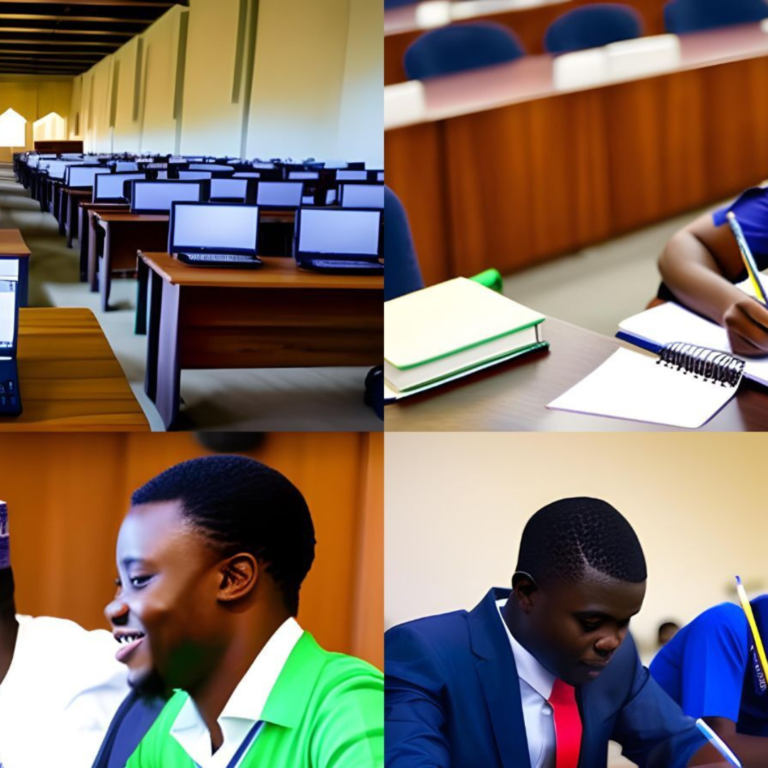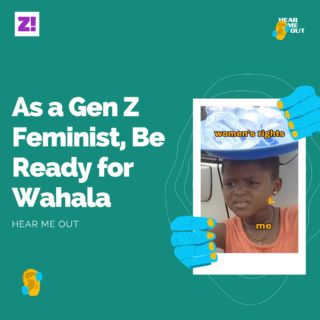According to the Guttmacher Institute, Nigeria has one of the highest maternal mortality ratios in the world; with unsafe abortions being a major contributor. In spite of restrictive abortion laws in Nigeria, they are still very common.
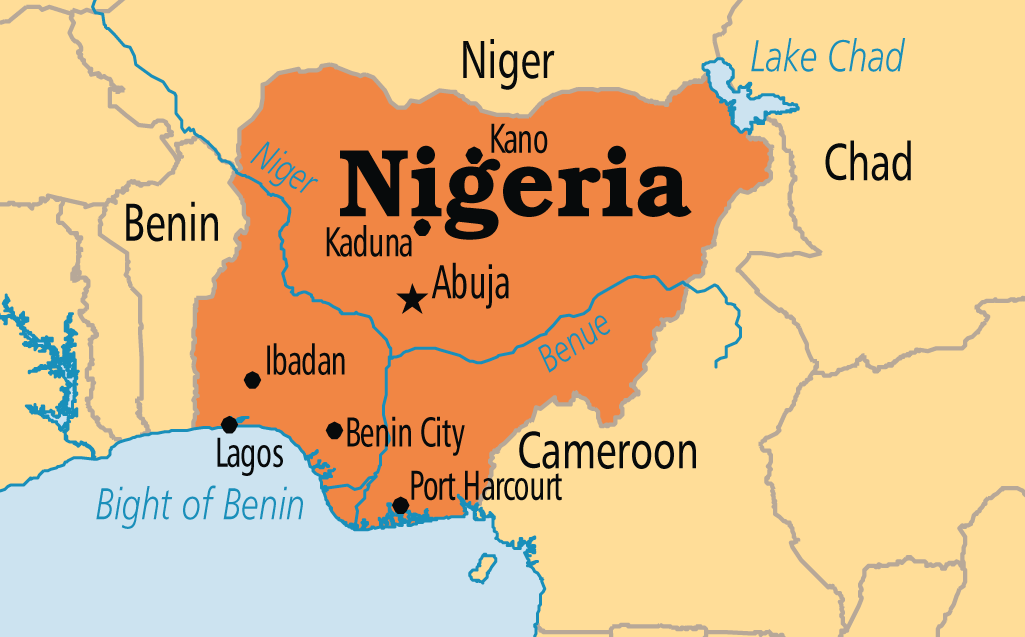
Nigeria is a highly religious and moral country that does not allow for the expression of reproductive rights. Sex education is avoided like a plague and the use of contraception is only reserved for married women. It is believed that talking about sex education will encourage promiscuity.
Many young women who have little or no knowledge of pregnancy and contraception, end up getting pregnant and seek out the fastest, secretive and easiest ways to terminate their pregnancies. The quacks that offer dangerous and unsafe abortions range from auxiliary nurses, fake doctors, local medicine vendors to traditional birth attendants.
According to the World Health Organisation, “Unsafe abortion is a procedure for terminating an unintended pregnancy, carried out either by persons lacking the necessary skills and/or in an environment that does not conform to minimal medical standards.”
Some of their methods include insertion of sharp objects into the vagina, drinking of herbal concoctions, a combination of drugs in large doses; such as painkillers and antibiotics. Drinking dangerous chemicals; such as bleach and dye. According to WHO, the results of unsafe abortions range from infertility, death, injury, loss of blood, uterine perforation to incomplete abortion and infections.
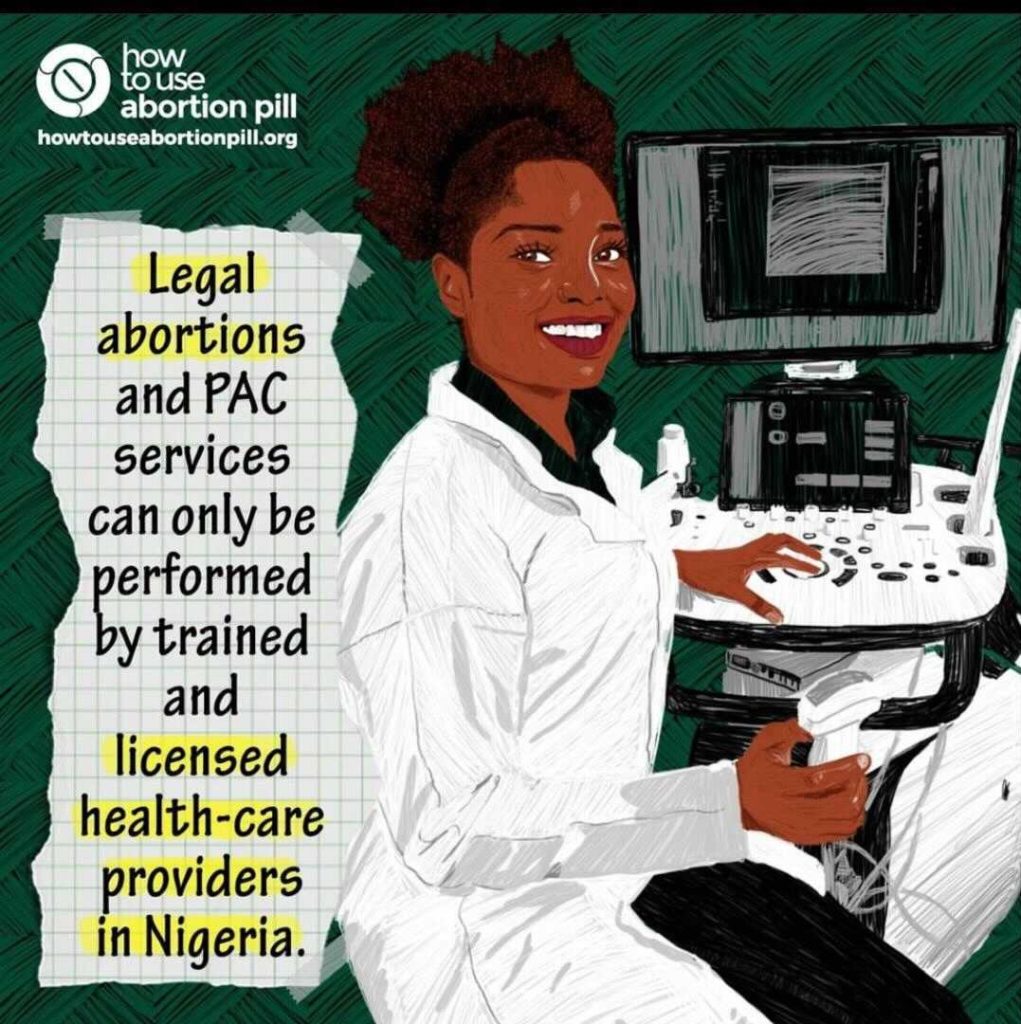
In order to drastically reduce deaths arising from unsafe abortion cases in Nigeria, organisations such as Safe2choose work actively to provide safe abortions for women who need it. But despite all efforts at this, the word “abortion” is still met with stiff opposition, from many religious organisations and lawmakers (especially of the older generation).
An example of this opposition is the raid by the Nigerian Police on the Mariestopes Clinic in Lagos. On the 21 May 2019, officers of the Nigerian Police force raided the reproductive health clinic on the basis of allegedly providing “abortion and birth control” services for women. This issue was highly condemned by many individuals and women’s rights organisations, who were saddened by the constant infringement on women’s sexual and reproductive health rights.
Sexual and reproductive health rights — including free unrestricted access to sexual and reproductive health care and information, as well as autonomy in sexual and reproductive decision-making — are human rights; they are universal, indivisible and undeniable. And until Nigerian abortion laws are reformed to respect fundamental human rights, many women will keep dying in their numbers from complications arising from unsafe abortions. We believe the question of women’s rights is nothing else than a matter of human rights.
At PinkShoes, we explain how medical abortion works, what you need to know in advance, how it is done safely and what to expect next. You can read all this information on our site here. Our chatbot is also available 24/7 to answer all your medical abortion-related questions.
Oluwapelumi Alesinloye-King is a sexual and reproductive health professional and the country consultant for Women first digital; where she works to promote access to sexual and reproductive health information and services in Nigeria.

